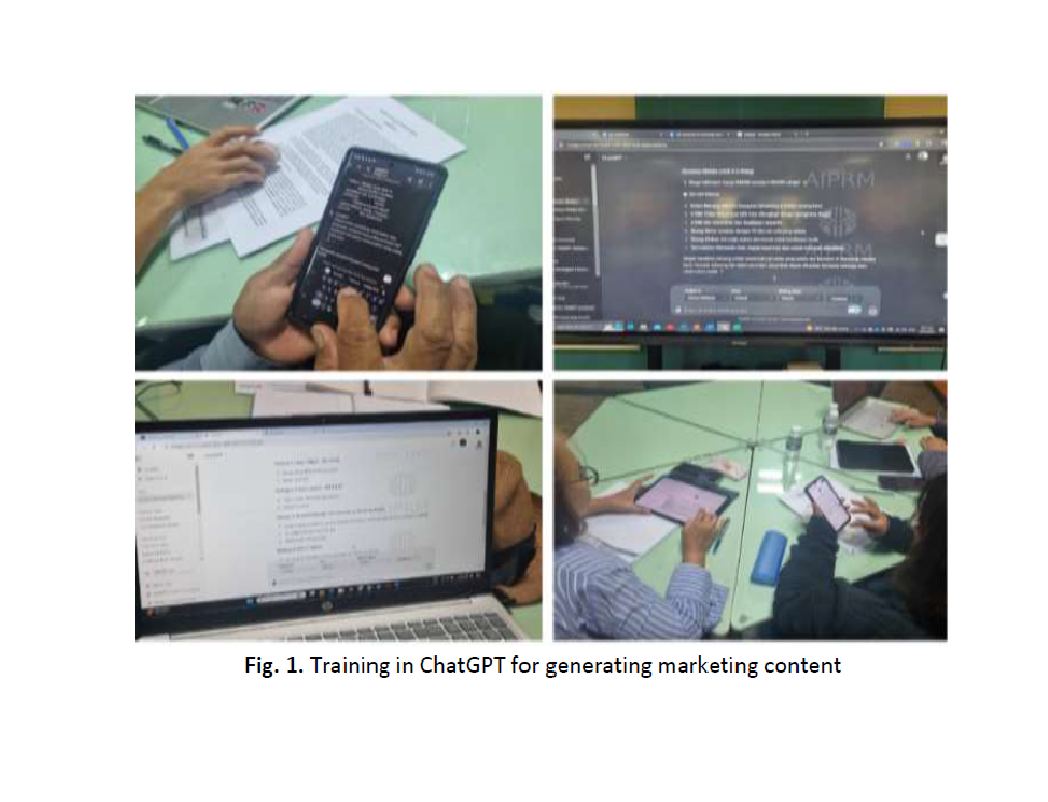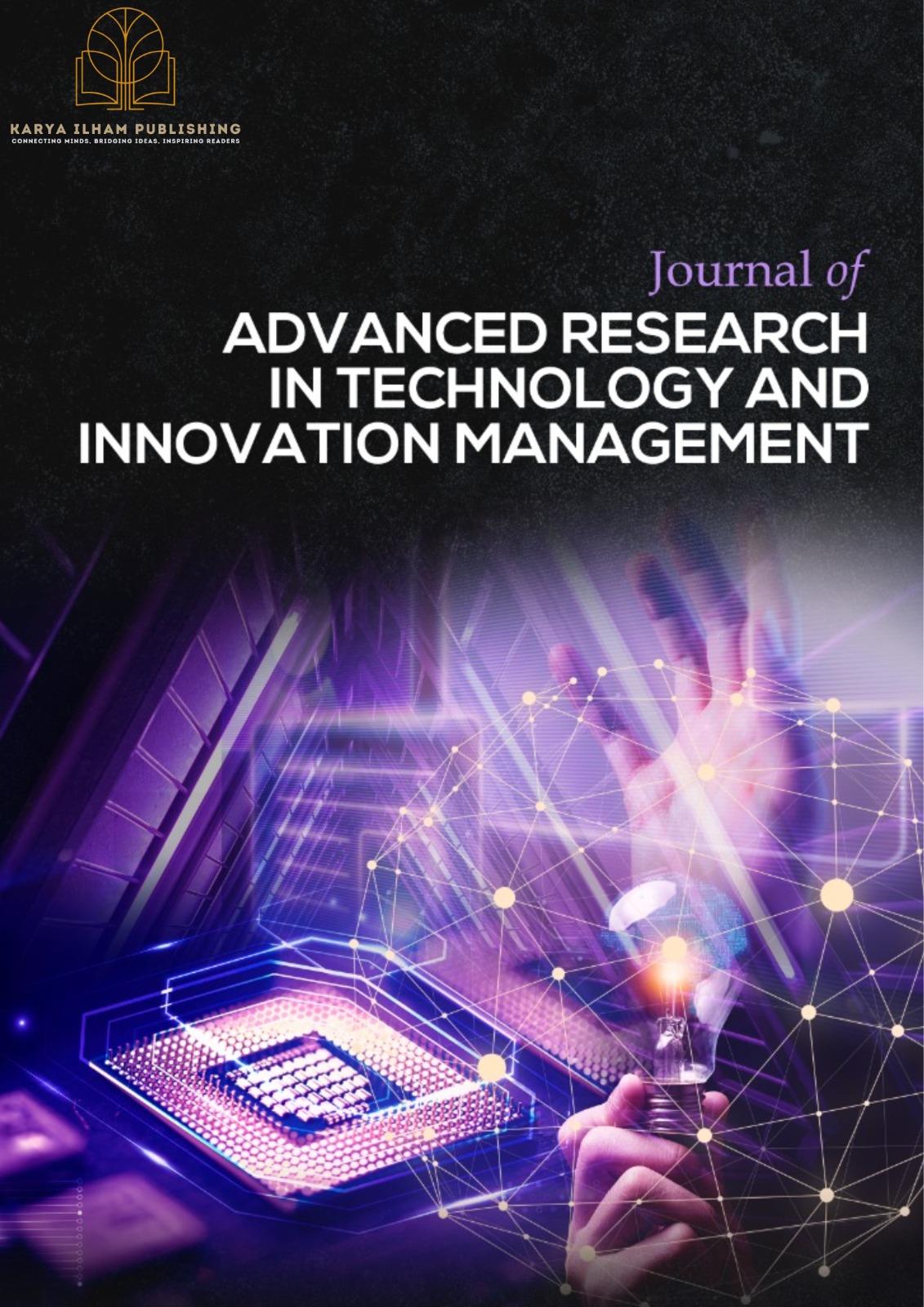The Effectiveness of the University Knowledge Transfer Program (KTP) on the Performance of Homestay Operators in Sabah: The Role of AI and Website Development
DOI:
https://doi.org/10.37934/jartim.15.1.116Keywords:
Homestay, generative AI, homestay program, knowledge transfer program, website developmentAbstract
This study explores the impact of a Knowledge Transfer Program (KTP) focused on generative AI and website development for homestay operators in Sabah, Malaysia. Aligned with Sustainable Development Goals (SDG), which focuses on 4 (Quality Education) and 17 (Partnerships), Ministry of Tourism, Arts and Culture (MOTAC) strategic plan, and supporting the National Entrepreneurship Policy (NEP) 2030, It assesses the program's impact, evaluates trainer effectiveness, and measures participant satisfaction levels before and after the training. This study seeks to fill the research gap resulting from the scarcity of quantitative studies on the homestay program, as existing research in this area predominantly employs qualitative methods. The program aimed to equip homestay operators with digital skills to improve their marketing strategies and business growth, addressing common challenges like limited infrastructure and weak promotion. The program trained 32 homestay operators from the west coast of Sabah, utilizing a focus group approach with a quantitative methodology. The survey questionnaire was modified, adapted, and adopted from the Kirkpatrick Model to assess the effectiveness of the training. The participants learned to use generative AI tools like ChatGPT and build websites via Google Sites through lectures, hands-on workshops, and surveys. The outcome of the program improved participants' knowledge, problem-solving abilities, and confidence, fostering high engagement and motivation. The collaboration between the Centre for the Promotion of Knowledge and Language Learning under Universiti Malaysia Sabah and Sabah Homestay Association demonstrated positive outcomes in enhancing knowledge and skills through its knowledge transfer program for homestay operators. Findings show high satisfaction levels and strong intentions to apply the learned skills indicate the program's effectiveness. Managerial implications emphasize multi-stakeholder collaboration, AI literacy, and sustainable development, aligning with SDG 4, SDG 17, and NEP 2030. Theoretically, the study applies the Resource-Based View (RBV) and extends the Kirkpatrick Model, linking micro-level training to broader socio-economic goals. This initiative not only supports rural education (SDG 4) but also fosters partnerships (SDG 17), contributing to local job creation and income growth. It aligns with the National Entrepreneurship Policy (NEP) 2030 goals and MOTAC's strategic focus on human capital development, thereby enhancing community development and economic sustainability.














